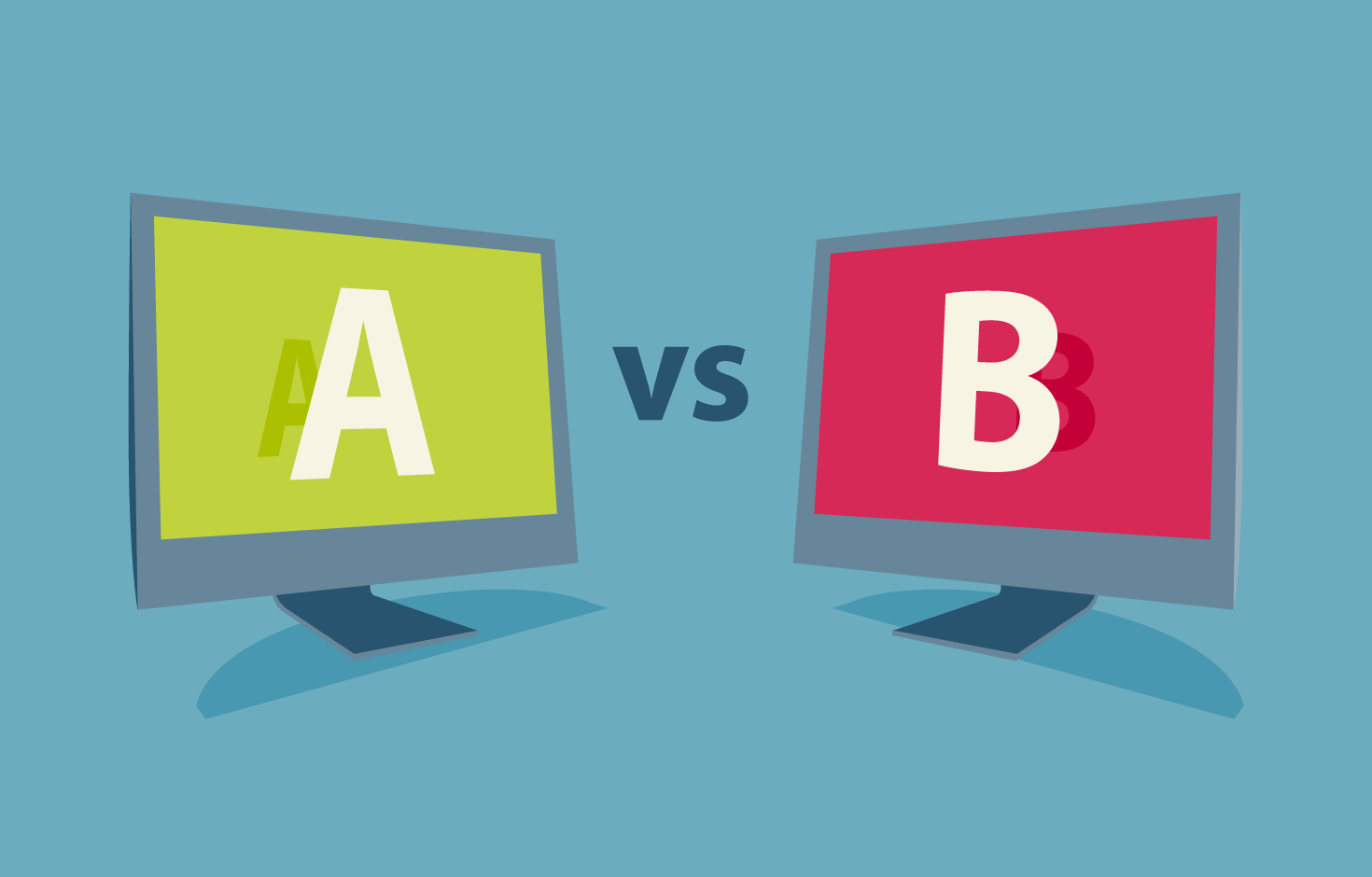If you have decided to start a business in the stockbroking field, the first question which comes in your mind will be, should you go for a stockbroking business or a sub-broker business? Which one will suit you according to your financial capacity? What is the revenue of both businesses? And the most important one is, What is the Difference between Sub broker Vs Stockbroker business model?
Honestly, there are quite a few differences.
| Consideration Area | Stockbroker | Sub-broker |
| Meaning | An individual firm that trades on behalf of investors. | Works on behalf of a stockbroker. An interlink between a client and the stockbroker. |
| Registration | A stockbroker is a registered trading member of a stock exchange. | A sub-broker gets affiliation through the stockbroker. |
| Revenue sharing ratio | Gets the lower percentage of brokerage generated by sub-broker. | Gets a higher percentage of brokerage. |
| Brokerage | Allowed to charge brokerage directly from the client. | Gets only a share of brokerage. Can Not charge directly from the client. |
| Importance | Provides an opportunity to those who want to become an entrepreneur with a low initial investment. | Helps the stockbrokers to increase their client base to expand the business. |
| Initial investment | Requires huge initial investment | Low/without initial investment business is possible. |
| Advantage | Directly help clients in taking trading and investment related decisions | Sub-brokers access research reports, trading platform and technology used by the main broker to help clients in taking investment related decision. |
In this article, we are going to discuss various points of difference with their details. Also, we will discuss the Pros and Cons of a sub-broker and stockbroker business models for your complete understanding.
Sub-broker Vs Stockbroker Meaning
Sub-broker acts as an agent between the main broker and the clients/investors. They acquire more client to generate more brokerage and to make the client base strong. They get a share of brokerage generated by their clients.
A Stockbroker is a registered trading member of a stock exchange say NSE and BSE. There are two types of stockbroker full-service stockbroker and discount broker.
They attract various types of business partners like sub-broker, AP, remisier to expand their business.
Sub-broker Vs Stockbroker Registration
The sub-brokers needs a certificate of registration the Securities & Exchange Board of India (SEBI) to deal in securities.
Now, the SEBI has discontinued the market intermediary Sub-broker. And the registered one is required to migrate to ‘Authorized person’. Although, this has become the case but the practical business operations of both sub-broker and Authorized person are exactly the same. It’s just the registering party that has changed.
A stockbroker is required to get registration from a stock exchange like NSE or BSE.
Sub-broker Vs Stockbroker Revenue sharing ratio
A sub-broker does the toughest part of the brokerage generation which is client acquisition and keep them with the company for a long time so, they get a higher percentage of revenue generated by through those clients.
A stockbroker is the main broker who allows a sub-broker to work under his brand name. And provides all supports to the sub-broker to stand and do their business in this competitive market.
They get a smaller percentage of the revenue generated by sub-broker’s clients. Since a stockbroker has 100s of sub-brokers and franchises associated with them, thus, their overall revenue becomes multi-fold.
Sub-broker Vs Stockbroker Initial Investment
A sub-broker can start this business with low investment. It generally ranges from Rs.50,000- Rs.3,00,000. It can be a bit low or high also. Some stockbrokers offer Zero cost business also.
Also Read: Zero Investment Sub Broker
A Stockbroker requires huge capital to start a stockbroking business. And that is understandable since there are tons of areas that require you to consider including administration, marketing, sales, servicing, human resources, research and more.
Sub-broker Vs Stockbroker Brokerage
Sub-brokers are not allowed to charge brokerage directly from the clients. The brokerage will be charged by the main broker and they will get only a share of that.
A stockbroker can directly charge brokerage from all the clients and they are required to pay an agreed percentage of revenue to the business partners.
Most of these transactions are online in nature and thus, the stockbroker gets these payments to its account and then the brokerage sharing happens at the end of the month post all requisite calculations.
Sub-broker Vs. Stockbroker Importance
Sub-brokers help the main broker in their business expansion. Through sub-brokers, it becomes easy for the stockbroker to expand its network in various regions of the country.
A stockbroker provides an opportunity for the new players of the financial market who want to make their career in this field. And want to start a business with low or without investment.
Furthermore, Sub-broker has the right to access all important trading and investment related tools & technology, research reports of the company. Through this, they can help clients to take the right trading decision.
A stockbroker can directly help clients through various means as they have all available.
Sub-broker Pros:
Here is a quick look at some of the positives of setting up a sub-broker business:
[su_list icon=”icon: check” icon_color=”#439646″]
- An opportunity to work under a brand which will help you to attract more customers for the company.
- They get a wealth manager and the research team from the company who manage the funds of their clients.
- They can also access everything used by the main broker for trading and investing purposes.
- Requires low initial investment to start a sub-brokership.
- Gets an attractive share of brokerage with low investment.[/su_list]
Sub-broker Cons:
At the same time, this business model has a couple of concerns:
[su_list icon=”icon: remove” icon_color=”#f0665e”]
- Can not get the whole brokerage generated through their clients.
- They are supposed to work under the main broker. Can not implement their own rule & regulations.[/su_list]
Stockbroker Pros:
Moving on to the stockbroker business, these are the benefits you can avail while working on this model:
[su_list icon=”icon: check” icon_color=”#439646″]
- One of the best Career in the field of finance.
- Can expand their business through various models of business like sub-broker, remisier, franchise, master franchise etc.
- If the timing of trades is accurate, tools & technology are the latest, highly experienced research team then the broker can earn a high commission through this business.[/su_list]
Partnering with the well-renowned stockbroker Sharekhan has many perks. But first, you can read Sharekhan Sub Broker Eligibility to check your eligibility.
Stockbroker Cons:
Nothing is worry-prone and there will be a few issues with this model as well. Here are those listed:
[su_list icon=”icon: remove” icon_color=”#f0665e”]
- Gets the lower part of the revenue share, as most of the responsibility is taken by sub-broker.
- High market knowledge required to get success.
- Highly expensive business than the sub-brokership.[/su_list]
Conclusion:
Stockbroker and sub-broker both are two different terms used in the stock market. Though both have the same function, there are some differences. As an investor, you should know the difference between the two to take the right decision.
In case you want to become a sub-broker or a stockbroker, let us assist you in taking the next steps forward:
More on Sub-brokership
If you wish to learn more about sub-brokership, here are a few references for you:



